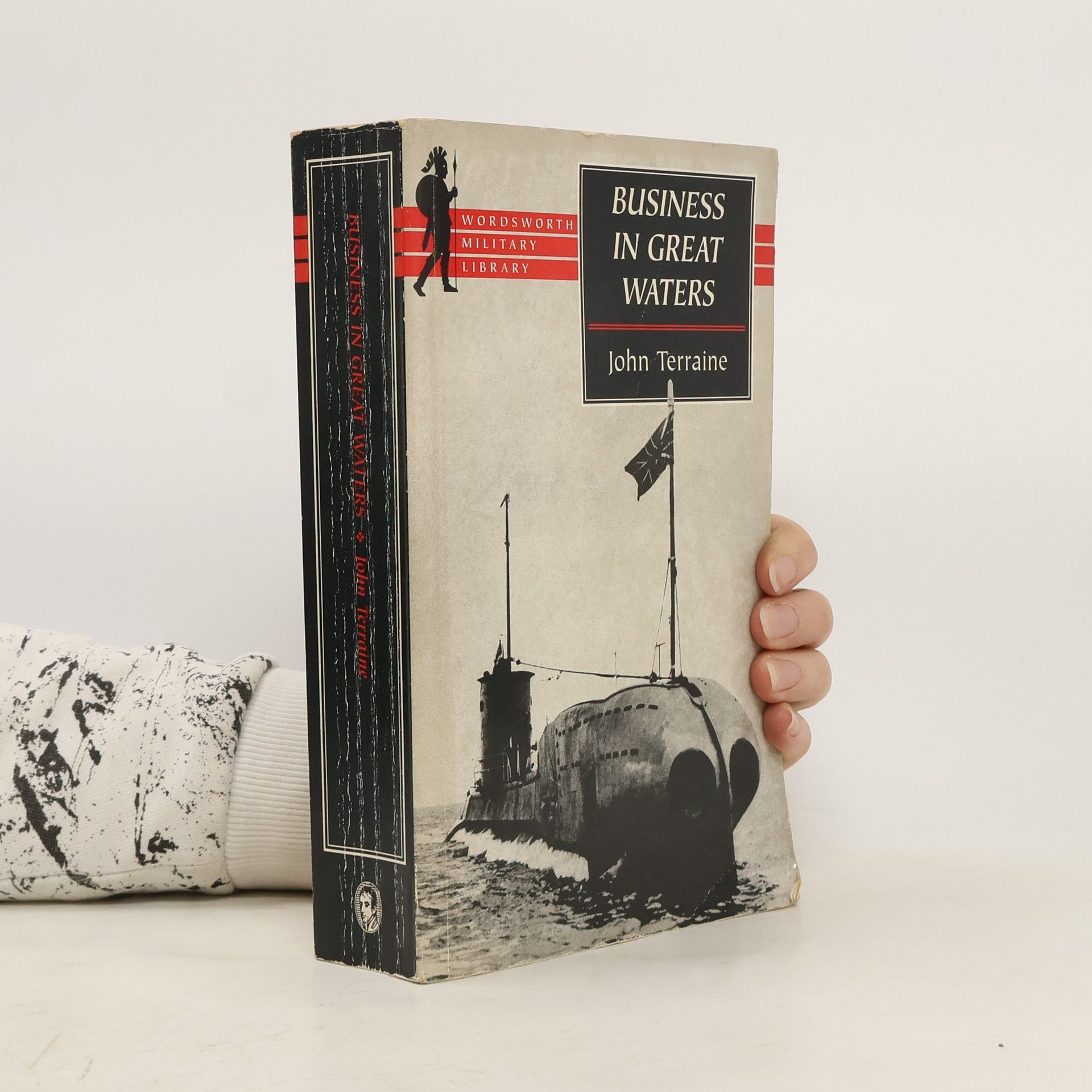Twice within 25 years Britain was threatened with starvation by the menace of the U-Boat. In this study of submarine warfare, the author explains why Winston Churchill wrote "the only thing that ever frightened me during the war was the U-Boat peril". Until it had been overcome, the Anglo-American entry into Europe in 1944 would have been impossible. John Terraine concentrates on the combatants themselves, both German and Allied, but does not overlook the three main factors in the equation - the political, the military and the technological, as well as the intelligence, the weapons and the devices both sides employed in order to outwit each other. He also focuses on the fighting men on either side, seeing the action from "where it was at".
John Terraine Boeken
![Europa im 20. [zwanzigsten] Jahrhundert](https://rezised-images.knhbt.cz/1920x1920/72829013.jpg)





To Win a War
- 288bladzijden
- 11 uur lezen
Written by one of the most respected and readable historians of the First World War, this book tells the story of how after all the setbacks of the previous years, in 1918 the British Army conclusively defeated the Germany Army. For the weary Allies 1918 was truly the year of victory. First came the defensive victories of the British and the French against the last desperate offensive launched by the Germans in the spring. Then came the turning point of Foch's counter-offensive on the Marne followed by Haig's great attack on 8 August - 'the black day of the German Army' - the breaking of the Hindenburg Line and the pursuit of the Germany Army across the wasteland of war. This compelling and perceptive book gives honour where it is due: to a victorious British Army in 1918.